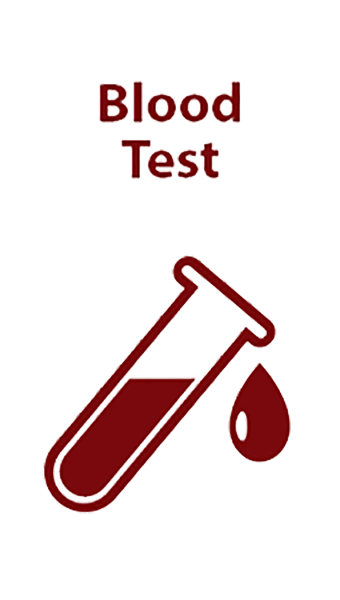
Newsletter
Newsletter
Increased prevalence of neuropathic pain among individuals with rheumatoid arthritis who are deficient in vitamin D



Tuesday, October 10, 2017
A study reported on August 31, 2017 in the International Journal of Rheumatic Diseases uncovered a more than five times greater prevalence of neuropathic pain in rheumatoid arthritis patients with deficient vitamin D levels in comparison with those who had normal levels.
Rheumatoid arthritis is an autoimmune disease characterized by inflammation, joint destruction, disability and significant pain. The study is the first to investigate the role of vitamin D in the development of neuropathic pain among rheumatoid arthritis patients.
The multicenter study included 93 men and women with rheumatoid arthritis, among whom one-third were diagnosed with neuropathic pain according to Leeds Assessment of Neuropathic Symptoms and Signs (LANSS) questionnaire responses. Subjects who had serum 25-hydroxyvitamin vitamin D levels that averaged 20 nanograms per milliliter (ng/mL) and lower were classified as deficient, while those with levels of 30 ng/mL and higher were classified as normal.
Higher LANSS scores were correlated with lower serum levels of vitamin D. Neuropathic pain was 5.8 times more likely to be diagnosed among subjects with vitamin D deficiency compared to those whose levels were normal.
“Our study raises awareness of the need to screen for vitamin D deficiency in rheumatoid arthritis patients with neuropathic pain,” Hilal Yesil and colleagues write. “With a relatively easy, safe and inexpensive vitamin D supplement, patients could have more satisfactory outcomes in the management of neuropathic pain. This approach could decrease the morbidity associated with vitamin D deficiency and prevent unnecessary drug use.”
“There is a need for further prospective studies to identify new treatment protocols consisting of vitamin D supplementation for neuropathic complaints in vitamin D-deficient rheumatoid arthritis patients,” they conclude.
 |
|
|||||||||||||||||
|
||||||||||||||||||
 |
|
||||||||||||||||||
|
|||||||||||||||||||
When taking charge of your health, "winging it" is not ideal. You'll need to carefully choose the right supplements to provide your body with only the best! Not sure what supplements are right for you? Don't go it alone … our Supplement Guide is here to help.
Our Supplement Guide is an interactive tool where you give simple, confidential answers to pertinent questions that focus on your overall health and current lifestyle. You'll be guided through the entire process and at the end, have a personalized supplement regimen suggested to you via email. Our Supplement Guide is designed to help you steer your health in the right direction. Once you get started, you can always make adjustments to further optimize your nutritional supplement regimen. Visit our Supplement Guide today.
How Life Extension lab testing works
Connecting to Agent...
Who would you like to talk to?
Chat Hours:
Visit Contact Us or Call us:
7 days a week | 24 hours
Mon - Fri | 7:30 AM - 12 AM (ET)
Sat & Sun | 9 AM - 12 AM (ET)
How was your experience with our Agent?